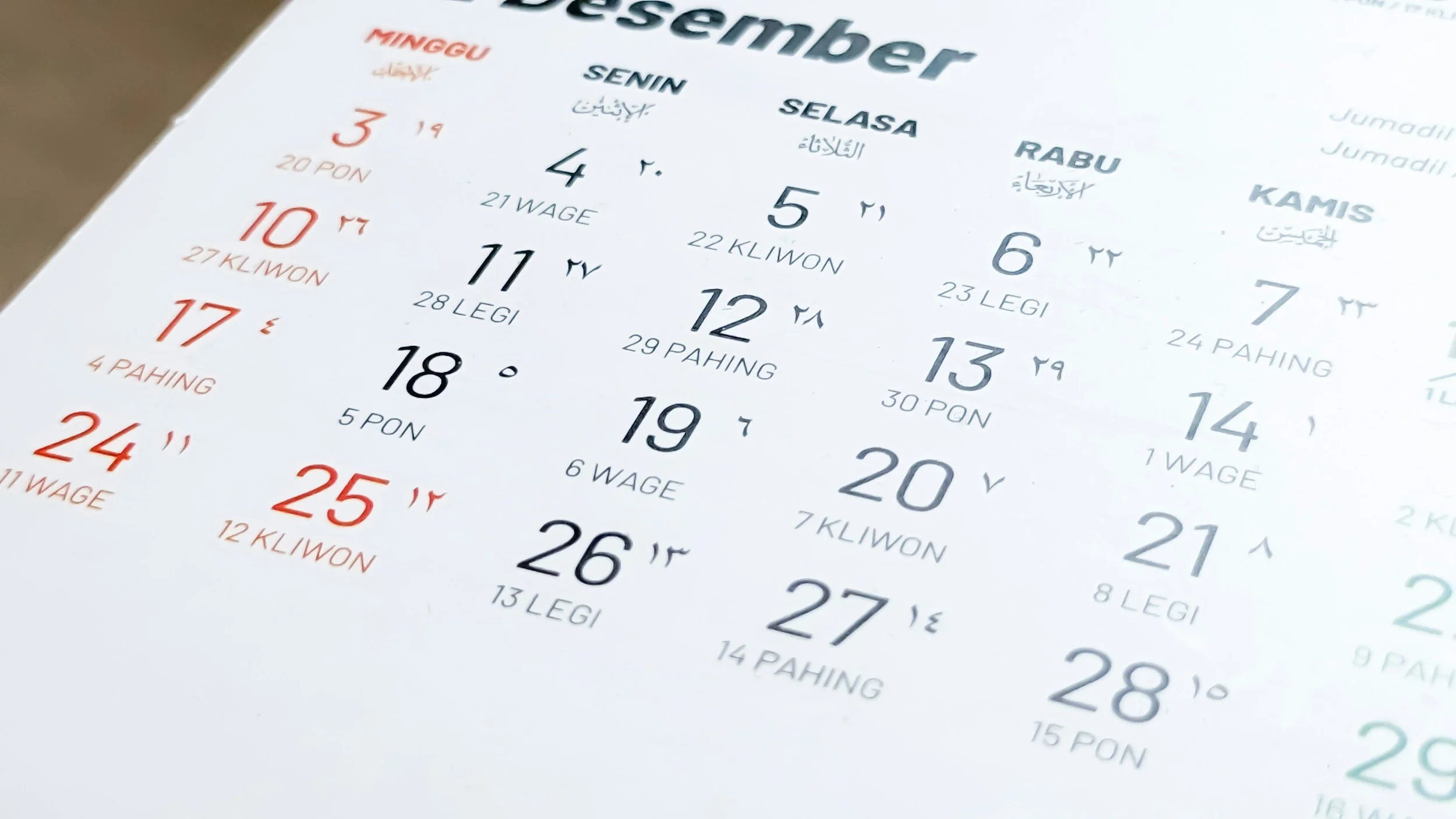20 Things to Watch Out for at 30 Days Sober
Thirty days sober is a powerful milestone. It’s proof that change is possible, that healing has begun, and that the fog is lifting. But it’s also a vulnerable time. The brain is still recalibrating, emotions are raw, and the temptation to “test the waters” can creep in. As an addiction specialist, I’ve seen this phase make or break recovery. Here are 20 things every newly sober person should watch out for—and how to stay grounded in your new life.
1. The “I’m Fine Now” Trap
You feel better, so you think you’re cured. This is dangerous. Addiction is cunning—it waits for complacency.
2. Mental Fog and Emotional Whiplash
Your brain is healing, but it’s not done. Expect mood swings, irritability, and moments of confusion. Stay patient.
3. Skipping Meditation
Meditation isn’t optional—it’s mental training. Skipping it means skipping your emotional gym.
4. Avoiding Hard Conversations
Recovery requires honesty. Don’t dodge the uncomfortable talks—they’re part of the healing.
5. Ignoring Triggers
Know your triggers. Write them down. Prepare for them. Awareness is your armor.
6. Substituting With Sugar or Caffeine
Your brain craves dopamine. Don’t swap one addiction for another. Moderation matters.
7. Isolation
Being alone too much can lead to relapse. Stay connected—even when you don’t feel like it.
8. Overcommitting
Don’t take on too much too soon. You’re rebuilding—pace yourself.
9. Neglecting Physical Health
Exercise isn’t just fitness—it’s therapy. Move your body daily.
10. Ignoring Mental Health
Sobriety doesn’t erase anxiety or depression. Therapy, journaling, and mindfulness are essential.
11. Lack of Structure
Idle time is risky. Create a daily schedule and stick to it.
12. Digital Distraction
Scrolling numbs emotions. Be mindful of screen time—it can become a new escape.
13. Toxic Relationships
Some people won’t support your sobriety. Distance yourself from anyone who threatens your progress.
14. Skipping Recovery Meetings
AA, SMART Recovery, or group therapy—whatever your path, stay plugged in.
15. Forgetting Why You Started
Write down your “why.” Read it when cravings hit. It’s your anchor.
16. Romanticizing the Past
You didn’t “have fun”—you were escaping. Don’t rewrite history.
17. Neglecting Spiritual Health
Whether it’s prayer, nature, or reflection—connect to something bigger than yourself.
18. Not Celebrating Progress
You’ve come far. Acknowledge it. Celebrate small wins—they build momentum.
19. Fear of Asking for Help
You’re not weak—you’re wise. Reach out before the storm hits.
20. Underestimating Cravings
Cravings are normal. They’re not commands. Breathe through them. Call someone. Move your body.
Final Thoughts: Discipline Is Freedom
Sobriety isn’t just about abstaining—it’s about rebuilding. It demands discipline, awareness, and radical self-care. At 30 days, you’re not just surviving—you’re starting to thrive. Stay humble. Stay connected. Stay curious. You’re building a life worth staying sober for.

